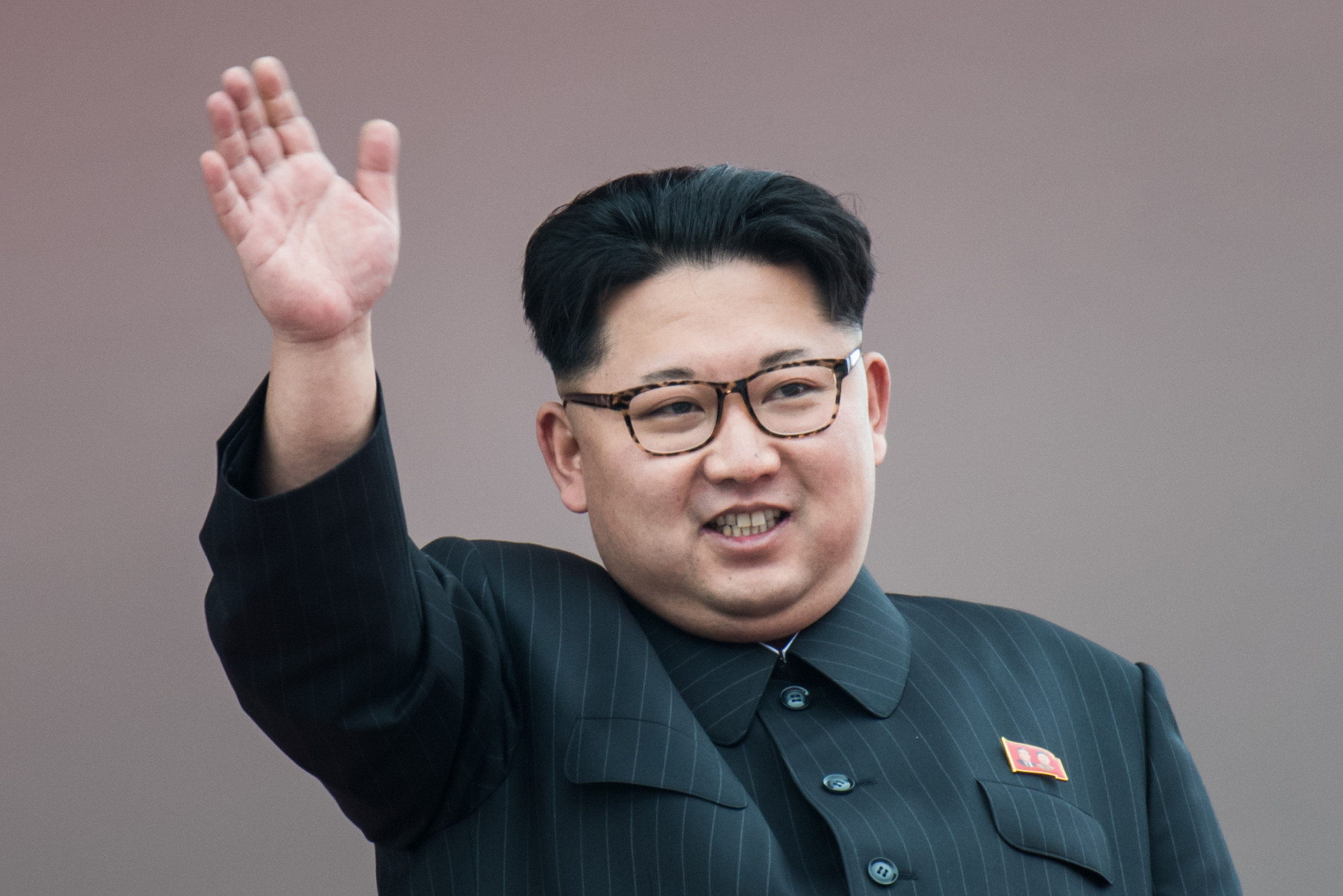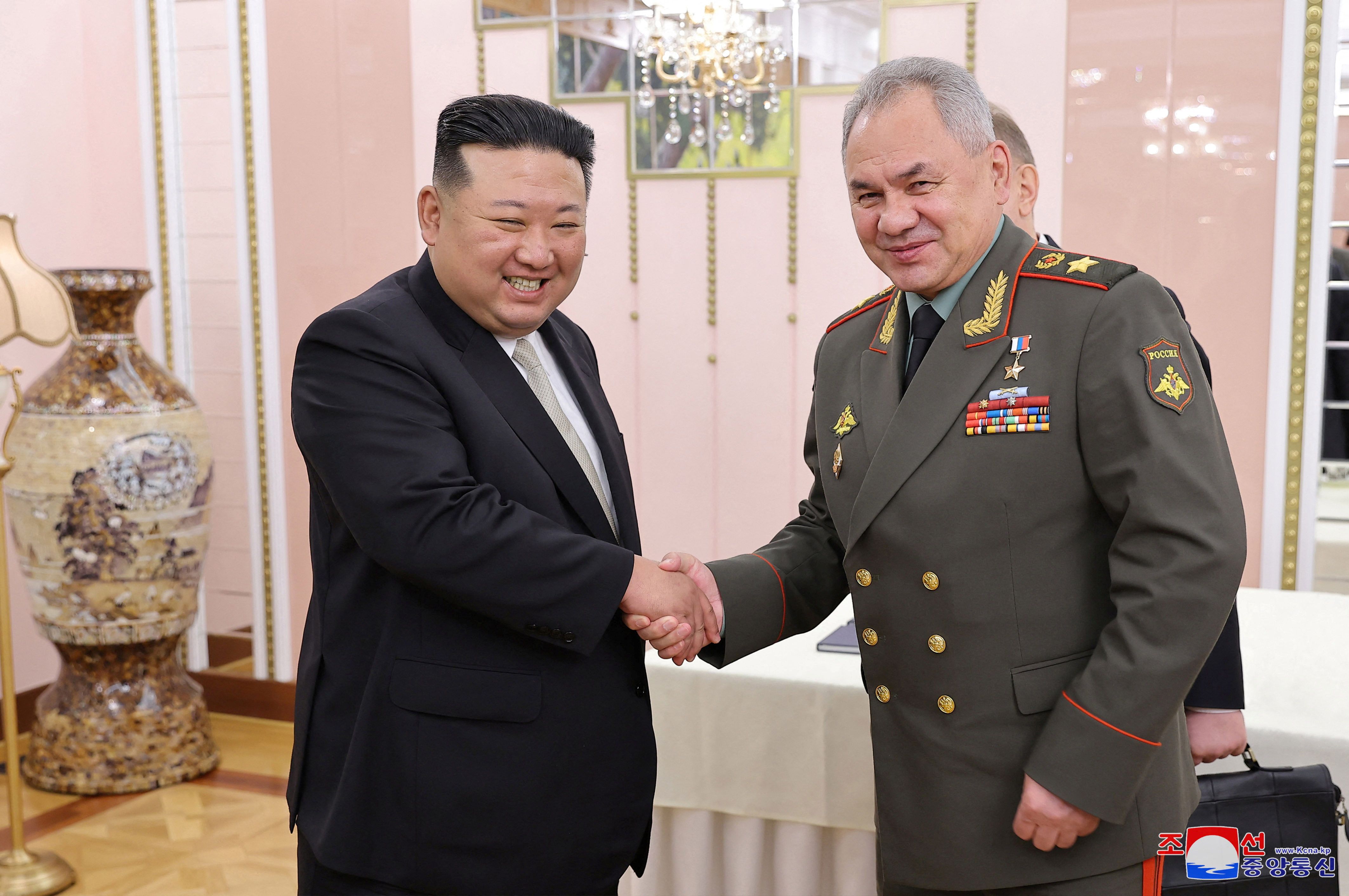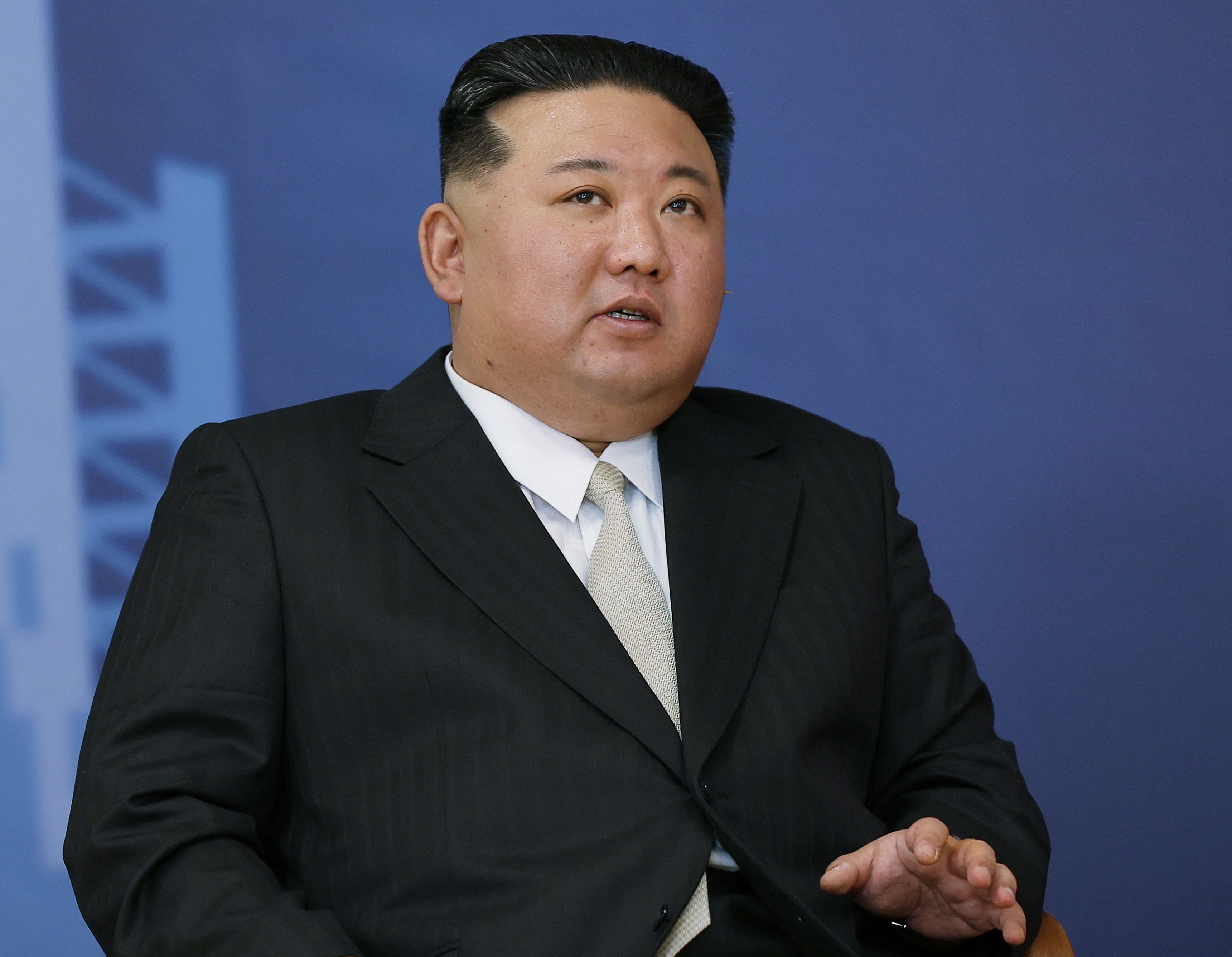The Enigmatic Kim Jong-un: Unraveling the Complexities of North Korea's Supreme Leader
Kim Jong-un, the third-generation leader of North Korea, has emerged as a central figure in global politics. His actions have sparked widespread debate, prompting questions about his motivations, capabilities, and the future of his nuclear-armed regime. This essay will delve into the complexities of Kim Jong-un's personality, decision-making processes, and their implications for international relations.
The Making of a Dictator
Kim Jong-un's childhood and upbringing played a significant role in shaping his political worldview. Born in 1984 to Kim Jong-il, he was groomed from a young age to succeed his father. His privileged upbringing in Switzerland exposed him to Western culture, but he remained fiercely loyal to the Juche (self-reliance) ideology that defines North Korea's political system.
Kim Jong-un ascended to power in 2011 after his father's death. In the early years of his reign, he consolidated his grip on the regime by purging potential rivals and expanding his authority. He has since adopted an assertive foreign policy, characterized by a combination of nuclear brinkmanship and diplomatic initiatives.
The Complexity of Kim Jong-un's Personality
Kim Jong-un's personality is a subject of intense speculation. He is often portrayed as a ruthless tyrant, but there are also indications of pragmatism and a desire for international recognition.
The Perils of Nuclear Proliferation
Kim Jong-un's pursuit of nuclear weapons has been a major source of international concern. North Korea has conducted numerous nuclear tests since 2006, and intelligence reports indicate that it may be nearing the development of an intercontinental ballistic missile (ICBM) capable of reaching the United States.
Diplomacy and Deterrence
The international community has sought to address the North Korean nuclear threat through a combination of diplomacy and deterrence.
Conclusion
Kim Jong-un is a complex and enigmatic figure whose actions have profound implications for global stability. His ruthless dictatorship, nuclear brinkmanship, and diplomatic overtures have created an unprecedented challenge for the international community.
The complexities of Kim Jong-un's rule raise broader questions about the nature of dictatorship, the limits of diplomacy, and the risks of nuclear proliferation. His actions serve as a stark reminder of the dangers of unchecked authoritarianism and the need for sustained efforts to prevent nuclear war.
Kaela Kimura: The Quirky Queen Of Japanese Pop
Review | Tyler Perry Honors A WWII Black Women's Battalion In 'The Six Triple Eight'



